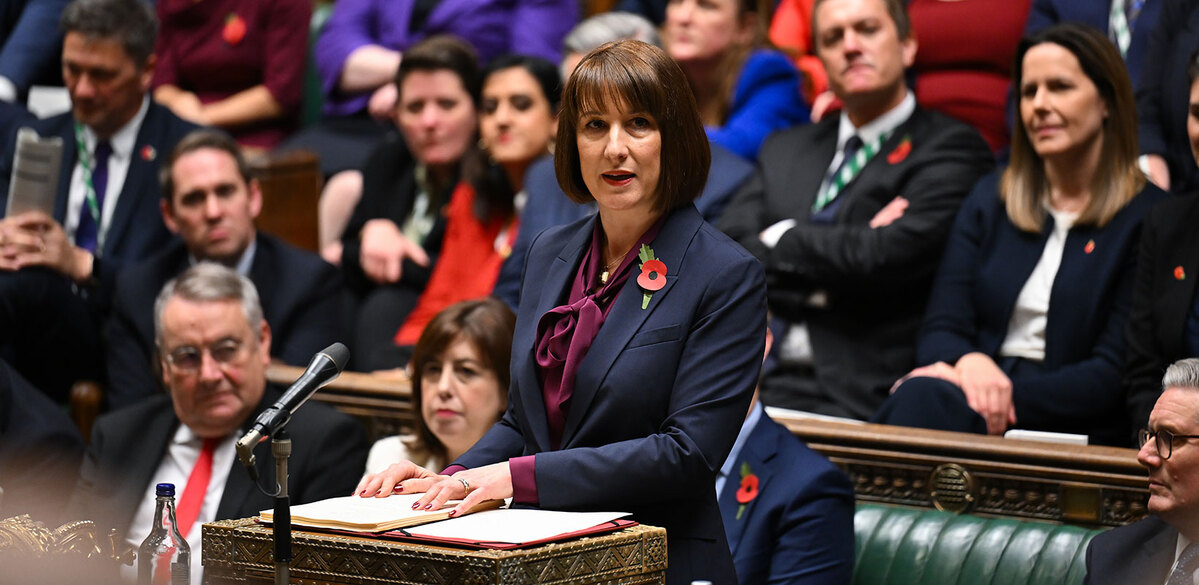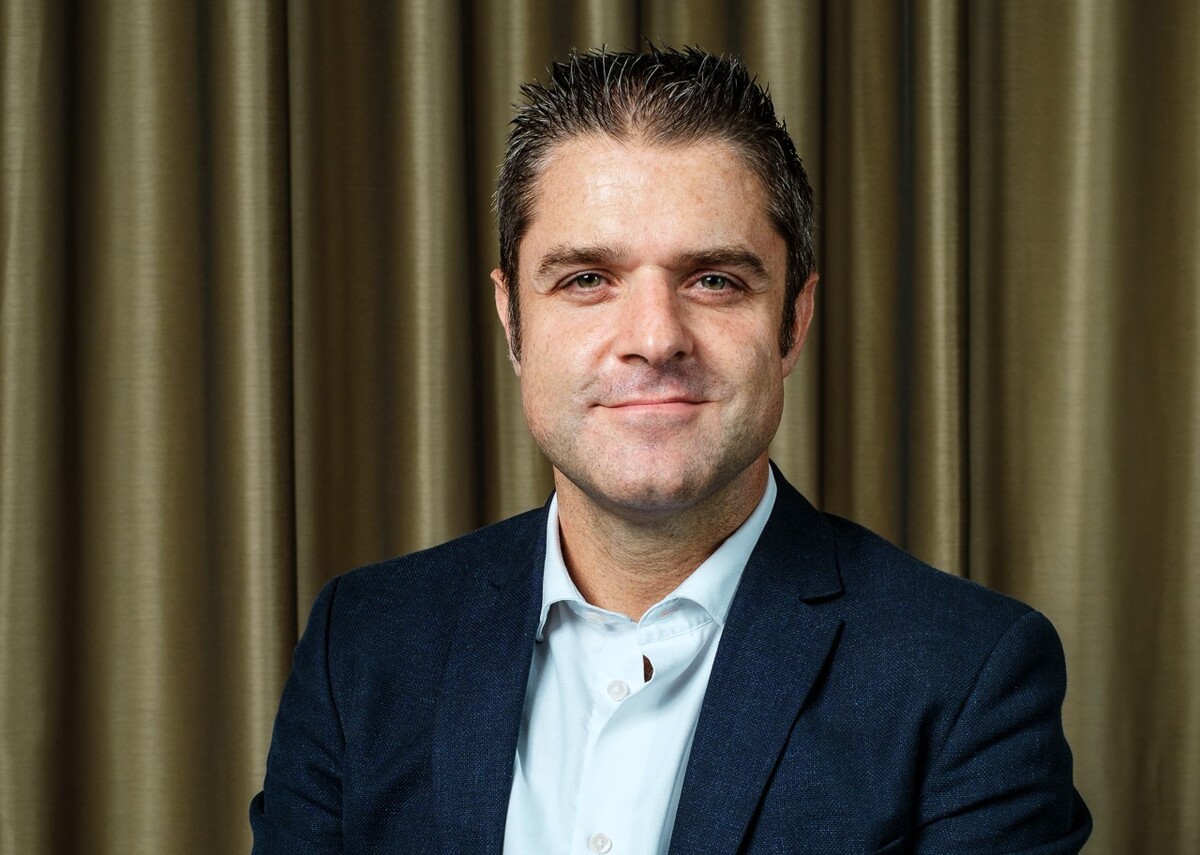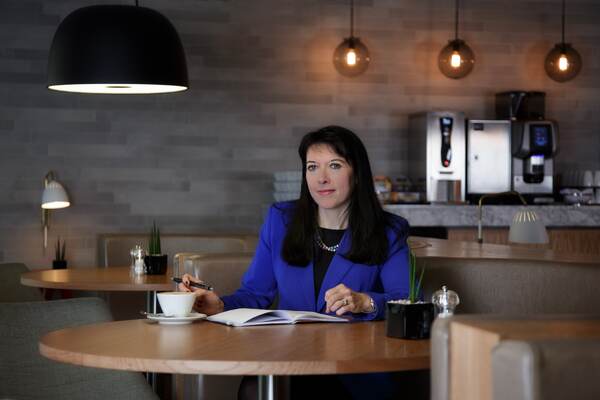National Insurance increases: operators mull 'difficult decisions'
With the cost of employing workers increasing by 10% from April, operators are asking why the government is hitting hospitality in a way that may knockout some businesses for good. Emma Lake reports
Price increases, staffing cutbacks and cancelled investment are all anticipated following the unveiling of last month’s budget.
Operators have been totting up the cost of changes to employer National Insurance Contributions (NICs) alongside increases in national minimum wage and a reduction in business rates support, and many have warned they could be a death knell for some businesses.
Bev King, owner of Z Hotels, said: “There are so many headwinds that make it a really difficult [environment], and everyone will feel it very severely. I can see a lot of businesses that are borderline surviving today are probably going to disappear in the next few years.”
What the NIC increases will mean
In October’s budget, chancellor Rachel Reeves announced an increase in the rate of employer Class 1 NICs from 13.8% to 15%.
The government also reduced the per-employee threshold at which employers become liable to pay National Insurance from £9,100 to £5,000 a year.
UKHospitality has said the increase will amount to a 10% increase in the cost of employing a worker, amounting to at least £2,500 per employee.
Alan Morgan, chief executive of the Big Table Group, said the increase would see the casual dining business’s payroll costs increase by 3%. Big Table Group, which employs more than 5,500 people, said the increase is the equivalent of 100 full-time members of staff or opening four new restaurants.
Meanwhile, pub group Young’s said the tax rise would add £11m to its costs. Hotel group Malmaison and Hotel du Vin said it would add £1.5m to next year’s payroll, at a time when National Living Wage increases have already seen the salaries of 80% of its workforce increase by more than 37% since 2021.
Malmaison and Hotel du Vin’s chief operating officer, Scott Harper, said: “These yearly increases are not sustainable and place an even greater financial strain on our industry, which is already grappling with significant challenges during the turbulent times we are living in.
“We have always taken pride in paying higher than the National Living Wage, as it reflects our commitment to valuing and fairly compensating our workforce; however, these significant above-inflation increases are not sustainable and jeopardise our ability to maintain the differential. These challenges may force businesses to adapt their operations and put jobs at risk to remain resilient in the face of rising costs.”
Casualties to come
David Campbell, chairman of Gaucho owner Rare Restaurants and all-day bakery Ole & Steen, described the whammy of measures announced in the budget as an “oncoming train that arrives in April”.
He described the increase in NICs, and particularly the lowering of the threshold at which they are applied, as the “crowning glory” of Reeves’ budget and added “there are only so many things you can bear”.
Operators predicting casualties pointed to the background of years of financial pressures, including the Covid pandemic, interest rate rises and spiralling supply chain and energy costs.
These latest tax hikes are expected to hit hospitality and retail disproportionately, with leaders in both industries warning they will have wide-ranging impacts.
Morgan said the Big Table Group was reviewing all options, including “staffing levels, capital investment and customer pricing”.
However, the majority of hospitality businesses will have already carried out efficiencies to cut costs, meaning there may be little manoeuvrability. Campbell explained: “Most people have fairly efficient staffing patterns in place, so it’s not like they can just get a lot tighter. The result is they may end up making difficult decisions.
“Some days or time periods that were marginal may become even more marginal – or even loss-making – and then it’s a decision about whether to open for those periods.”
The tax escape
Many operators said they would also be reviewing capital spending as a result of the increased costs and predicted a decline in inward investment in the sector.
Campbell said: “One of the primary groups that puts money into hospitality is private equity and that will slow down because people aren’t going to look at a business and say ‘I can make more money’.”
Z Hotels’ King predicted investors would look outside of the UK to destinations perceived as more welcoming to hospitality. He added: “There will naturally be a switch to other destinations that are easier. You only have to look at how Ireland grew after it put in a different corporation tax rate and give dispensation for certain industries.
“Suddenly, Apple and Facebook have their headquarters there, and they went there because of the tax regime. The one thing people don’t like doing is paying tax – they’ll go where the tax regime is most favourable.”
He continued: “The government does need to look at how it treats this industry and how it creates opportunities to invest and grow and release inward investment.”
Many operators have already closed their doors due to difficult trading conditions, and research by Harden’s Guide has showed the capital’s restaurant market is experiencing the longest prolonged period of stagnant growth in at least a quarter of a century.
More than 200 industry leaders have signed a letter to the chancellor and stressed the industry will suffer as a result of April’s £3.4b tax bill.
Mike Warren, managing director of Harbour Hotels, said: “I suspect the government doesn’t think enough about what the contagion impact is on the payrolls of all companies. The unintended consequences might be less investment and recruitment in the sector.”
Malmaison’s Harper added: “We urge the chancellor to reconsider these policies and work with the hospitality industry to find balanced solutions that support business sustainability and job security. We stand with our industry partners in calling for a new approach that acknowledges the essential contributions of businesses and provides the flexibility needed to weather these challenges.”
Photo: UK Parliament/Flickr


















